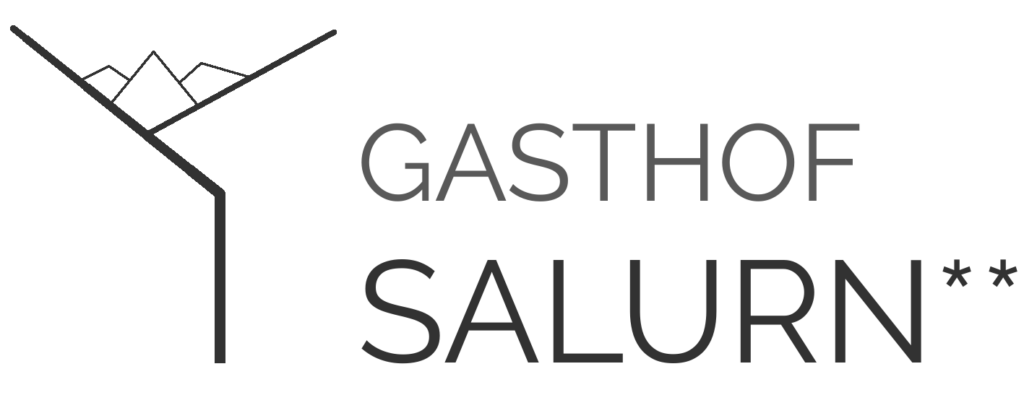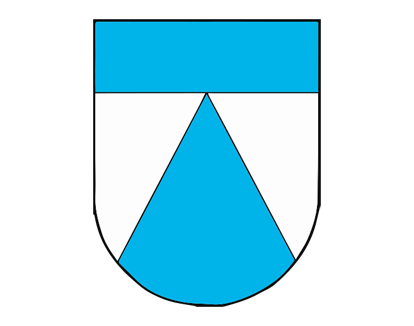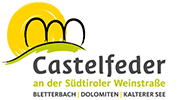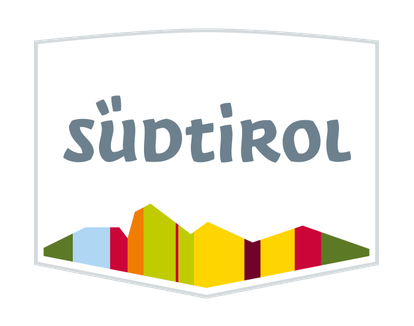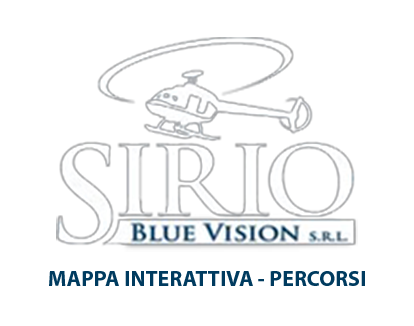





Between North and South, situated strategically unbeatably well
Great,
perhaps you are wondering what Gasthof Salurn is. A B&B, a restaurant, a luxury hotel, an ice-cream parlour or perhaps an ordinary hotel? None of the above, but a bit of all of the above. Are you looking for a strategic starting point for your mountain tours or to visit the most picturesque places in the region? Are you on a bike tour and want to stop for a 'pit stop'? Do you like to be served by a friendly, helpful team that creates a family atmosphere with that professional touch that never hurts? Do you love homemade food and a passionately prepared breakfast? Do you want to be a spectator of the many traditions and village events, while sitting on the terrace sipping a good glass of wine? Well, Gasthof Salurn can offer you all this! We hope to meet you soon and will do our utmost with passion not to disappoint you.
Every day is a special occasion
Dinner in our restaurant: This service is available by prior arrangement, every day except Thursdays. Heini and his team are waiting for you.
The "Salurner Klause"
meeting point between north and south, a hotel easily accessible from the Adige cycle path, from the Brenner motorway exit to the north and south, from the train station and on foot through important paths connecting the neighbouring valleys.
NEWS Guestcard - Musemobil
Discovering the surroundings - Free of charge and ecological. All our guests will receive a card with 2 important benefits: It will allow free use of all public transport (including public cable cars and the Renon Train) in South Tyrol and free entry to 90 South Tyrolean museums. Validity: from the day of check-in to the day of check-out, for a maximum of 7 days; for longer stays the card must be renewed.
Territory, history and activities
What history does Salorno have and how has it changed over the years? Historians trace the origin of the village back to the Bronze Age. The entire Via Trento, which was a post road until the 18th century and had as many as eight hotels, still bears the signs of economic prosperity. Salorno situated at 224 m, near its namesake Chiusa, historically marks the point of contact between the Italian-speaking and German-speaking areas. Where many noble families once lived, today it is an emerging village with the largest white wine production area in South Tyrol. Logistically unbeatable for any travel in the region, we have put together some ideas for sightseeing and out-of-town trips for you.
Activities for the little ones
The 'Perkeo' playground is located in the centre of Salorno, very close to our Gasthof. It is a pleasant place and a meeting place for children and parents. The park bears the name Perkeo. The dwarf Clemens Pankert was born in the year 1702 in Salorno. The Electoral Prince Charles Philip III of the Palatinate hired him as court jester at the Palatinate capital: Heidelberg. His legendary thirst got him another job: he was appointed keeper of the 'Big Cask', the largest cask in the world at that time.
- Subscribe to the Newsletter

